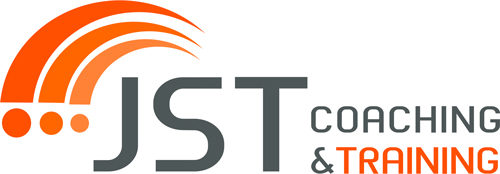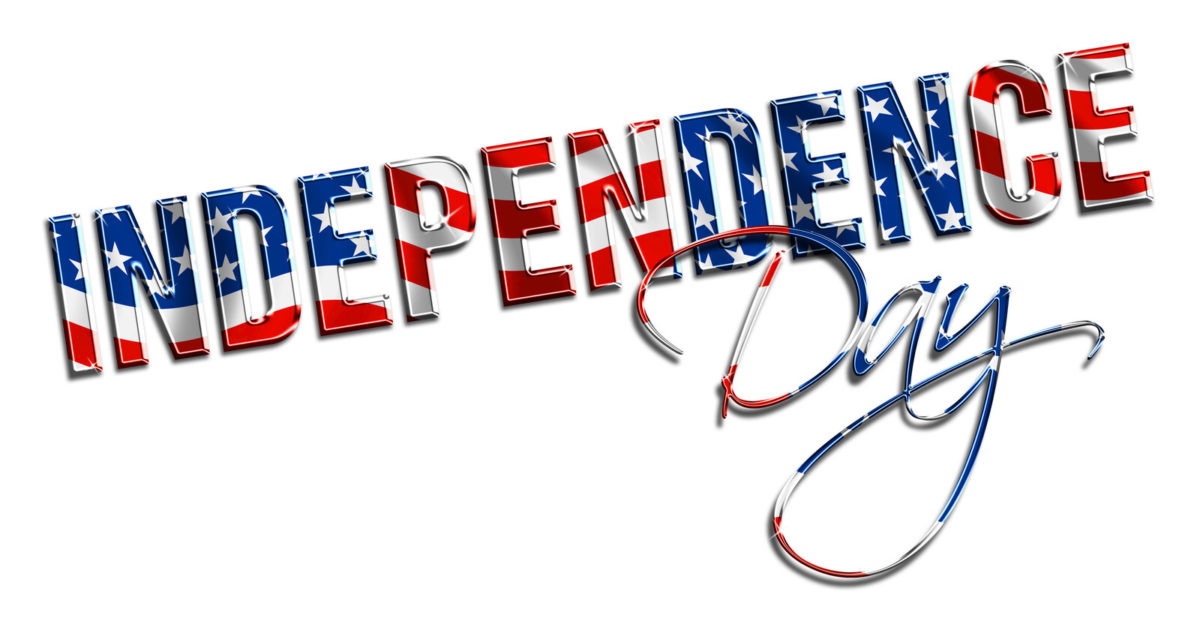As we celebrate Disability Pride Month and work towards creating inclusive spaces for people with disabilities, Americans also gather to celebrate Independence Day on July 4th. American Independence Day celebrates the Declaration of Independence from Great Britain in 1776. While this was a remarkable accomplishment, independence was only for white Americans. Slavery was still legal in the US and would not be fully abolished in the US and Indian territories until 1866.1
…I say it with a sad sense of the disparity between us. I am not included within the pale of glorious anniversary! Your high independence only reveals the immeasurable distance between us. The blessings in which you, this day, rejoice, are not enjoyed in common. The rich inheritance of justice, liberty, prosperity and independence, bequeathed by your fathers, is shared by you, not by me. The sunlight that brought light and healing to you, has brought stripes and death to me. This Fourth July is yours, not mine. You may rejoice, I must mourn…
I shall see this day and its popular characteristics from the slave’s point of view. Standing there identified with the American bondman, making his wrongs mine, I do not hesitate to declare, with all my soul, that the character and conduct of this nation never looked blacker to me than on this 4th of July!2
In reading Douglass’ words, I see many similarities between the struggles of enslaved Americans in 1852 and the continued struggles of Americans with disabilities and Black Americans in 2023. On February 23, 2023, Vice President Kamala Harris issued a statement about continued negative impact of racism and ableism on Black disabled Americans while outlining steps that the current administration has taken to address these barriers. These steps include promoting equitable disability determinations, combatting digital discrimination, supporting Black children and families with disabilities, strengthening non-discrimination in healthcare, and enforcing the integration mandate of the American with Disabilities Act.3 These are positive steps in addressing the barriers and challenges faced by Black disabled Americans.
As we acknowledge the importance of commemorating Independence Day in the United States, we must also acknowledge that justice, liberty, prosperity and independence are not equally distributed and available to all Americans. Disabled Americans, Black Americans are still fighting for basic civil rights in an effort to be recognized as full citizens. So, what to this Black American is the Fourth of July? It’s a day to recognize that my enslaved ancestors would be relieved legal slavery has ended, while mourning the fact that Black Americans still continue to struggle to find their place in this country. It is a day to rest from the exhausting work of being Black in America. It is a day to reflect on how far we’ve come and how far we have yet to go.
References
2 https://nmaahc.si.edu/explore/stories/nations-story-what-slave-fourth-july

